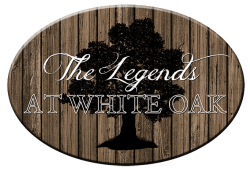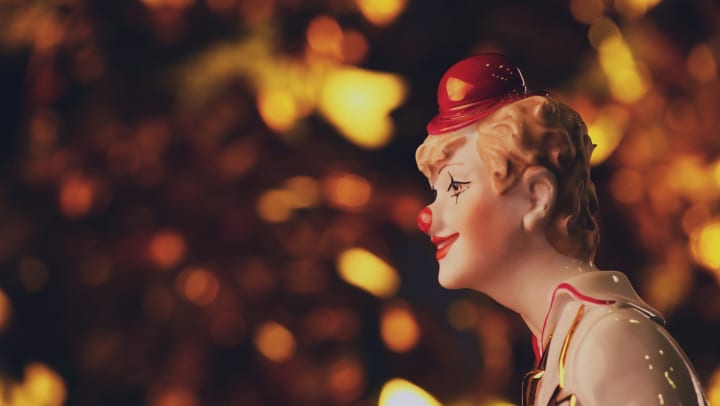Clowns. Some love them. Some, well, do not. But many don’t know much about clowns, nor the art form known as clowning. Clowning has a long history – as old as time. Below are a few of our favorite things about this ancient and enduring part of our culture.
Clowning Is Timeless & Universal
The term “clown” came into fashion somewhere around the 16th century as a stock character in commedia dell'arte – an early form of professional theatre originating in Italy. But the clown has had many names across many periods and cultures. From the Dangas in Ancient Egypt who wore funny masks and entertained pharaohs 5,000 years ago to court jesters throughout English royal history to the circus clowns of today, the clown has appeared all throughout our recorded history. It seems people across time, around the world, have needed performers with an ability to make them laugh – or, if not laugh, at least leave them with a profound impression.
Clowning Is an Art Form
Not all clowns look like your typical circus clown. Some wear makeup, bright wigs, and funny clothes. Some do not. Just like other forms of art and entertainment, there are various genres and styles to approach clowning. Some clown performances are spontaneous – entertaining passersby in the street or at the local food market. Others perform scripted stage shows. No matter the form, vulnerability is key. The clown’s openness enables us to laugh at and give empathy to the parts in ourselves we might ordinarily be discouraged to acknowledge. The clown is a mirror reflecting our inner selves.
Clowning Is a Service
Speaking with National Geographic, clown David Shiner explains “What makes clowning powerful is the human heart. … The primal foundation is human suffering. … It’s transforming pain into laughter.” Perhaps it is because of this that some people are drawn to healing through clown care. Also known as hospital clowning, clown care refers to clowns who visit hospitals to raise the spirits of patients and their families through the power of humor. If you have seen the 1998 film Patch Adams starring Robin Williams, you may already know how impactful clown care can be! Some families have even started hiring funeral clowns – once a long-standing tradition in Europe.
Clown Around
In trying times, laughter can be one of the only healthy outlets available. Throughout history, clowns have been there to provide comfort and fun to those who just want to smile – even if only for a moment. Be sure to check out our blog for more lifestyle topics and articles on local events.


